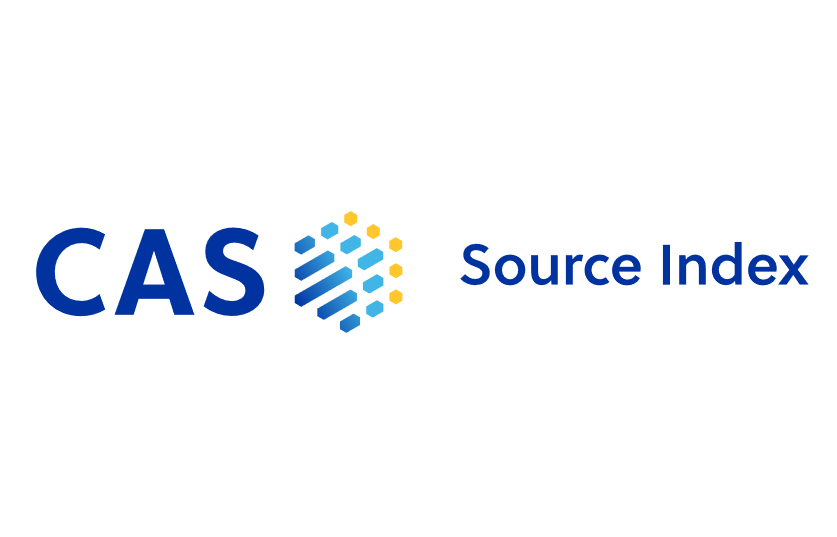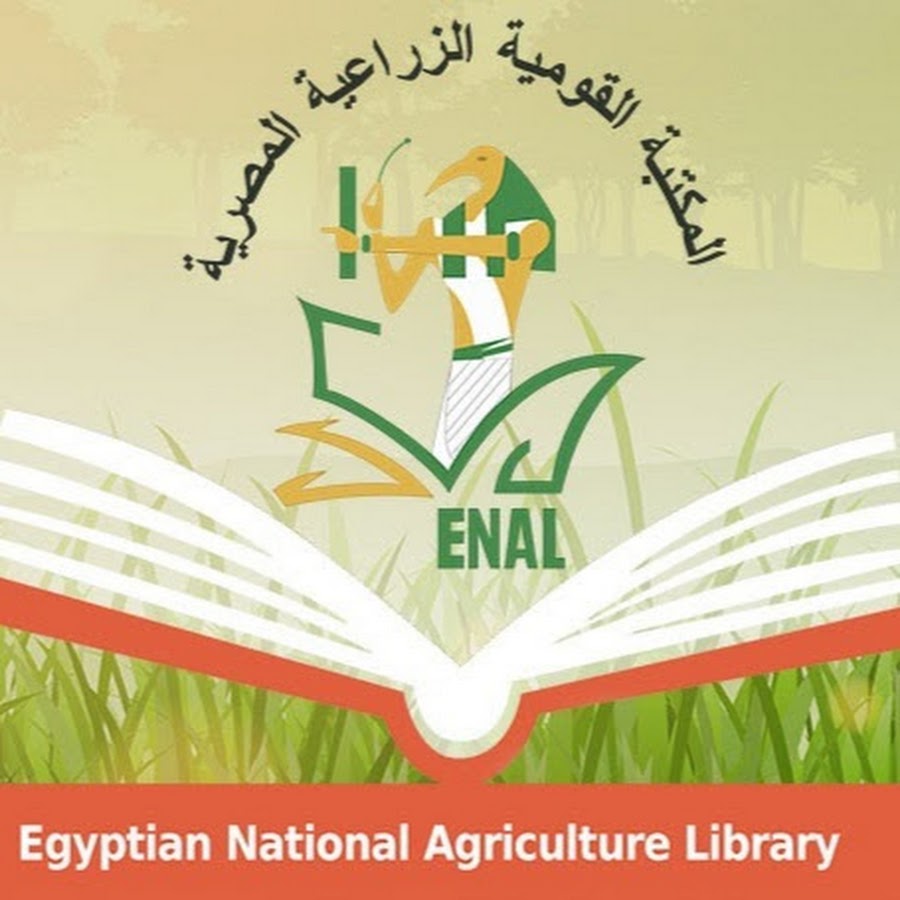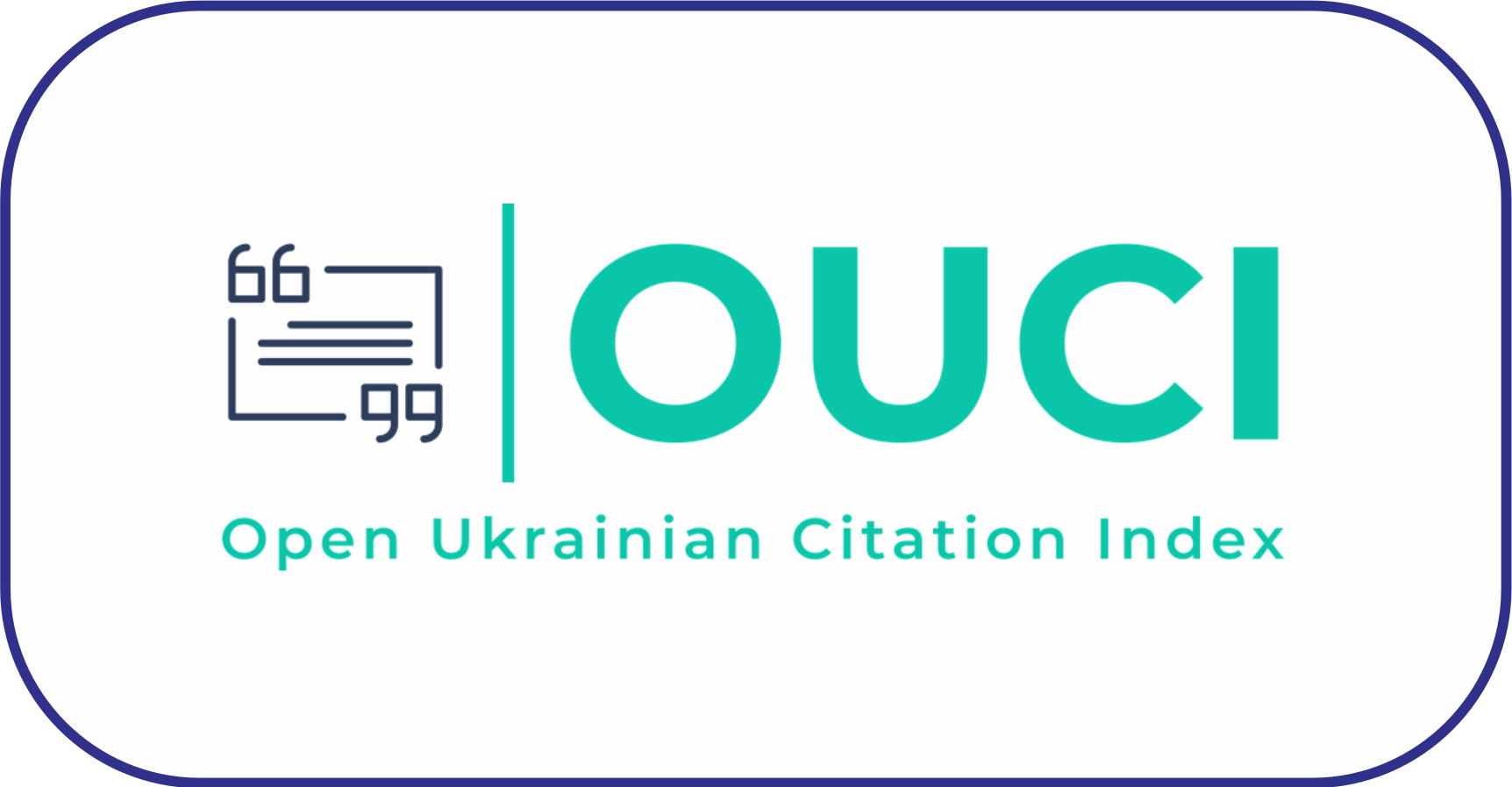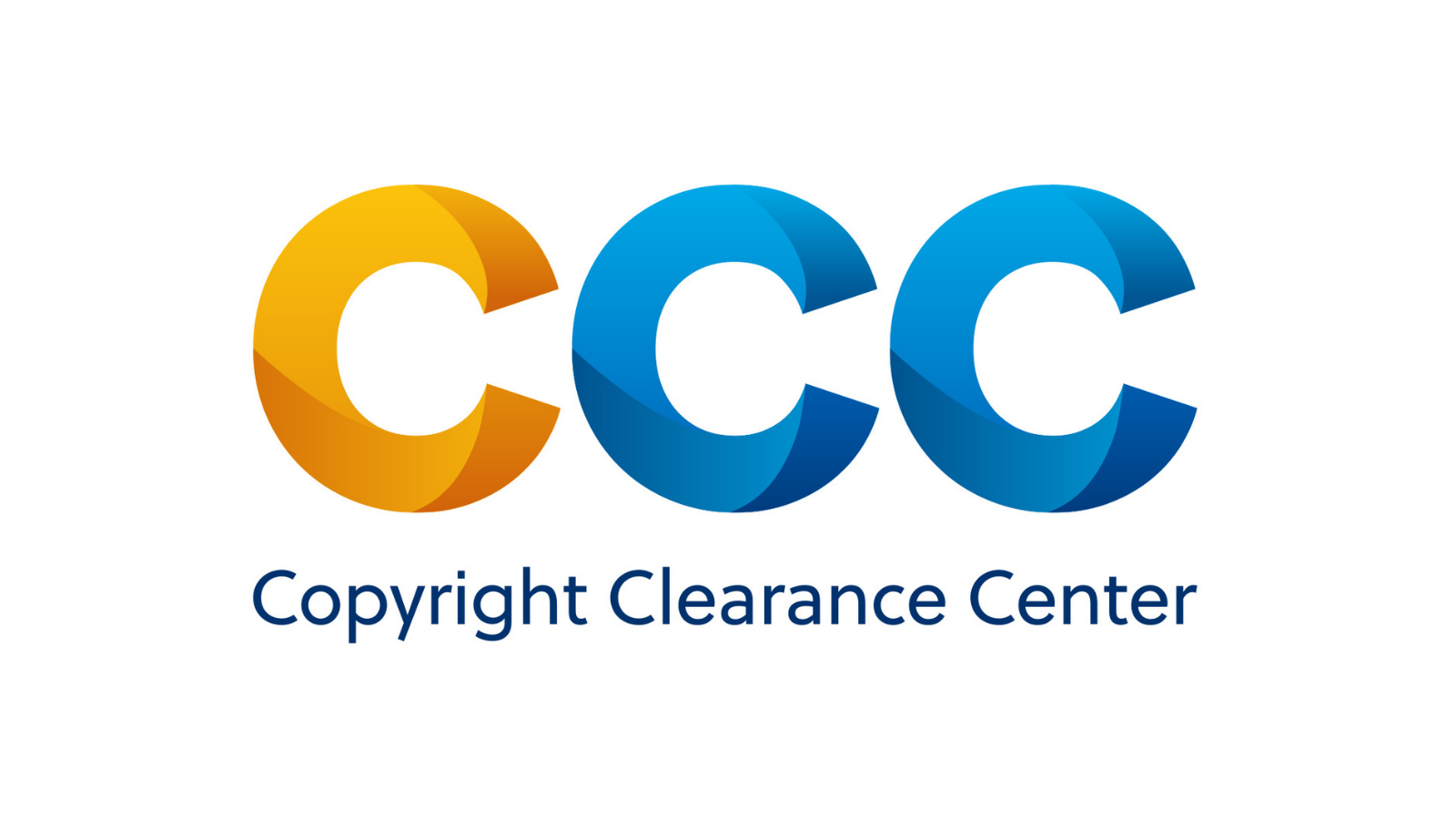ISSN: 3079-174X
Complaint and Appeal Policy
Appealing the Editorial Decision
Editors have very broad discretion in determining whether a submission is an appropriate fit for their journal. Many submissions are declined without external review with a very general statement of the rejection decision. These decisions are not eligible for formal appeal.
If the author believes the decision to reject the submission was not in accordance with journal policy and procedures, the author may appeal the decision by providing the Editor with a detailed point by point response to reviewer and editor comments. The Editor will review the peer review process undertaken for the submission. If the decision was made in line with editorial criteria, the Editor’s decision to reject is final.
For appeals of editorial judgements, grievances against the inadequacy of procedures (such as protracted delays in handling manuscripts), and grievances over publication ethics, the following procedure is applicable. The Editor should initially handle the complaint. The authors may send the query directly at this email (editor@aabinternational.com).
Complaint about scientific content
If a manuscript rejection is appealed, the Editor-in-Chief or Editor will weigh the authors' case and the reviewer's reports before determining whether:
1. The rejection decision should stand.
2. A second, impartial opinion is necessary.
3. The appeal should be taken into account.
The decision is sent to the complainant along with an explanation, if necessary. New submissions are given preference over appeals, and decisions on appeals are final.
Complaint about processes
If there is a complaint about the length of time it takes to examine an article, the Editor-in-Chief and the Editor (if necessary) will look into the situation. A suitable response will be given to the complainant. To enhance processes and procedures, feedback is sent to the relevant parties.
Complaint about publication ethics
When a complaint is made about the conduct of researchers, authors, or reviewers, the Editor-in-Chief abides by the standards set forth by the Committee on Publication Ethics. The Editor-in-Chief makes a decision and gives feedback to the complainant. The Committee on Publication Ethics can be contacted if the complainant is still unhappy with how their complaint has been handled. More details on that are available here:
https://publicationethics.org/facilitation-and-integrity-subcommittee
Principles of handling complaints and appeals
We will abide by the following principles when investigating complaints and appeals:
Fairness: We will endeavor to treat all parties involved in a complaint fairly and to avoid bias either in process or outcome. We will avoid conflicts of interest.
Confidentiality: We will only disclose information necessary to resolve a complaint, and in accordance with COPE regulations.
Clarity: We will seek to be clear in all our communication, taking into account the needs of those we are communicating with.
Speed: We will endeavor to resolve complaints as quickly as possible. It should be noted that some investigations are complex and take time to resolve equitably (for example, allowing reasonable time for multiple parties to respond).
Process
Advances in Agriculture and Biology (AAB) will acknowledge receipt of an email sent to (editor@aabinternational.com) within 5 business days. Our Research Integrity Manager will then lead the investigation following COPE guidelines. The investigation will establish whether the correct procedures have been followed and assess whether the author’s concerns have been addressed fairly and without prejudice. Editor will review the paper’s peer review history and any correspondence between the author, Editor and reviewers. Editor may also contact the parties involved to obtain further information where necessary and in accordance with COPE regulations.
The author will be advised of the outcome in writing. We aim to resolve issues as swiftly as possible or within four weeks, though please note sometimes investigations can take several weeks or more depending on the nature of the concern or complaint, the availability of relevant data and information, whether multiple authors and papers are involved, and possible involvement of the author’s institution or other external parties.
In the interest of allowing due process to take place, and investigations to proceed without prejudice, we respectfully request that anyone raising a concern or complaint allow the process to conclude before publicly commenting on the case. If the author wishes to pursue their complaint further, they may contact COPE directly. Information can be found on the COPE website: Facilitation and Integrity Subcommittee | COPE: Committee on Publication Ethics





























